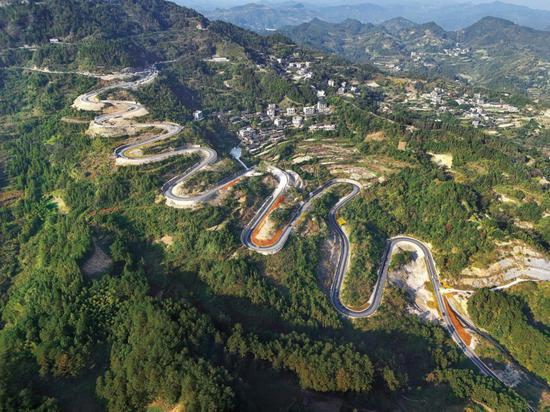
Gillian Martin told The National that producing and distributing hydrogen was "one of the big economic opportunities" Scotland has, and that the country has a natural advantage in the industry. The plan, announced on Friday, looks to exploit Scotland's projected future surplus of clean energy to produce and distribute large amounts of hydrogen in a cost effective way. READ MORE: Exporting hydrogen to Europe 'gamechanger' for Scotland It identifies Germany, the Netherlands and Belgium as targets for exports, with the port of Rotterdam being identified as a likely early landing site for shipments from Scotland.
In the long term, it suggests the construction of several pipelines linking sites in the north of Scotland with Germany, England and Ireland. Martin said: "This is one of the big economic opportunities that we have as a nation. Acting Energy Secretary Gillian Martin says Scotland has comparative advantages when it comes to hydrogen production (Image: NQ staff) "We know we're going to be producing far more green electricity than the actual piece of it we can get on the grid.

"One of the advantages of that is that it's free stock for hydrogen production as well. READ MORE: SNP intend to fully dual A96 despite review's recommendations, minister tells MSPs "[Our plan] is saying to the rest of the world, Scotland is where you can get your hydrogen from." She pointed to Aberdeen as a place where the hydrogen sector was already getting off the ground.
Several export routes are planned (Image: NQ staff) Several buses in the city are already powered by hydrogen, as are some council vehicles. The city is also currently working on the Aberdeen Hydrogen Hub, a partnership between the council, BP and Hydrasun, a fluid systems technology firm that is expanding from oil and gas into hydrogen. It will see a hydrogen production, storage and distribution facility built in the city to be used for fuelling buses and other vehicles.
READ MORE: UK Government to discuss providing funding for Scotland to Europe ferry Later stages could see hydrogen produced for other forms of transport , heating buildings in the city and export. Hydrasun's director of hydrogen and clean energy Stuart Mitchell expressed optimism about the plan. He told The National: "It's a key document that takes the hydrogen strategy and the industrial strategy of the Scottish Government and points them in the right direction.
Hydrasun's director for hydrogen and clean energy Stuart Mitchell is optimistic about the plan (Image: NQ staff) "It's about the infrastructure build out within Scotland that will then effectively enable and give confidence in terms of the supply and demand piece in Scotland, overseas and down south. "This provides a foundation piece. There's a phrase among experts in the field, which is basically, 'produce it, store it, remove it and use it'.
READ MORE: Scottish airport named second worst in UK for flight cancellations "Being able to demonstrate that as a country is really quite important." Hydrogen can be produced in several ways, but the most common environmentally friendly way of creating it is through a process known as electrolysis. An electric current is run through a container of water, which separates the molecules into oxygen and hydrogen.
The process requires a substantial amount of power, but Scotland's projected substantial excess of renewables in the future is expected to make this available at a very low cost. Martin said that ScotWind was a critical step for advancing the hydrogen export plan, as were other green energy projects. Without the excess energy generated by projects currently in the pipeline, there will not be enough capacity to economically electrolyse hydrogen.
She pointed to Scotland's oil and gas sectors as a boon for hydrogen production in the country, saying: "We have a very skilled energy workforce that has been dealing with hydrogen, because of the oil and gas, for may years. "And you take Hydrasun for example, it started up in Aberdeen in the 1970s and they've been a fixture, they've grown and now they've got sites all over Scotland. "So this is the engineering capacity, the skills workforce, the supply chain that's already deeply embedded in energy in Scotland.
I think that's our unique selling point.".










